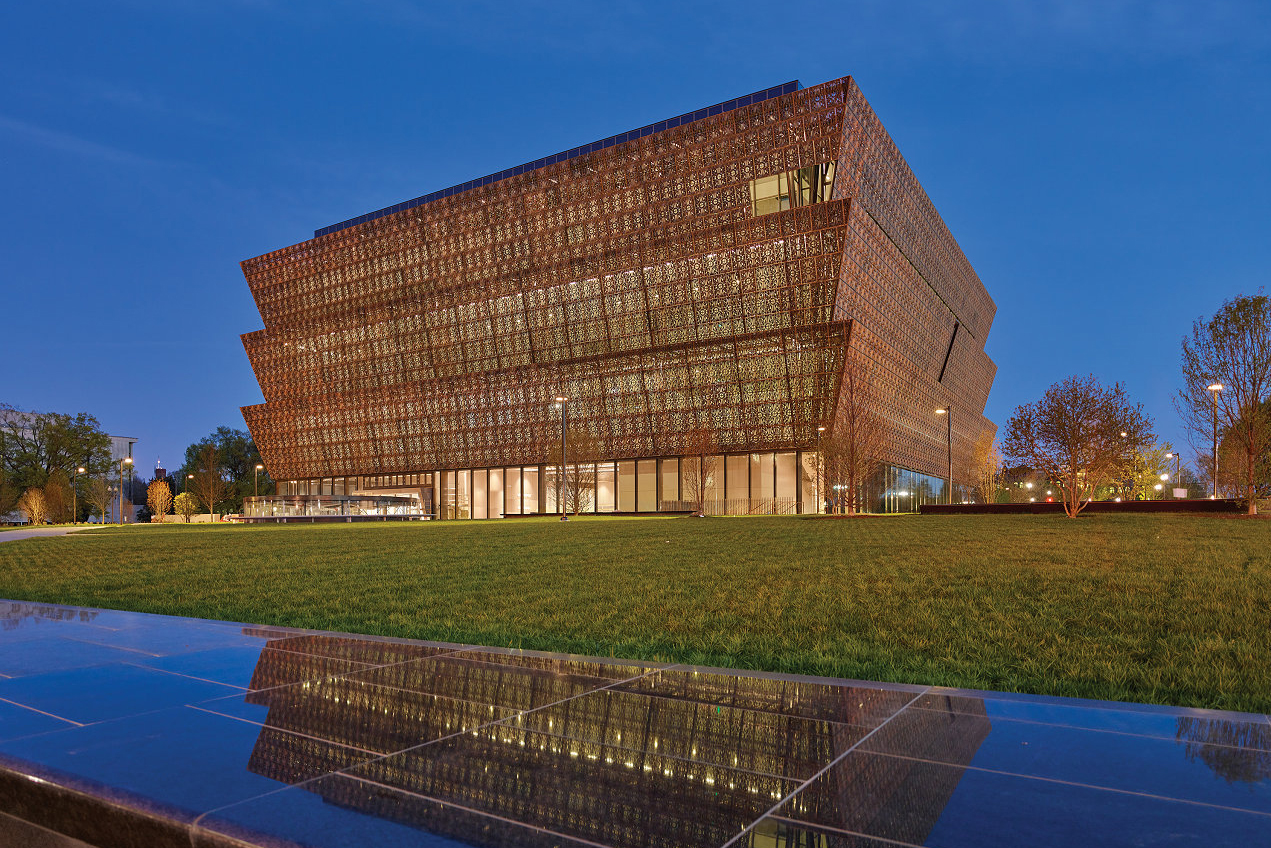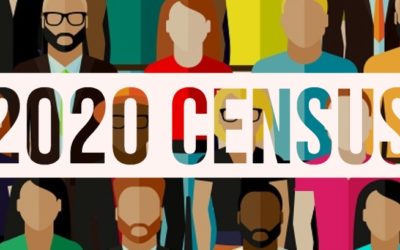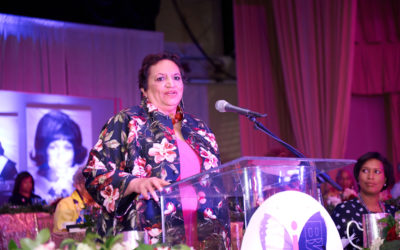
Douglas Remley (Smithsonian)
THE NATIONAL MUSEUM OF AFRICAN AMERICAN HISTORY AND CULTURE:
CELEBRATING A PEOPLE’S JOURNEY
This February, as we observe Black History Month, The Black Women’s Agenda, Inc. gives special thanks for the National Museum of African American History and Culture (NMAAHC), which officially opened its doors September 24, 2016, on the national mall in Washington, DC. The NMAAHC is the Smithsonian Institution’s newest museum. Established by an act of Congress in 2003, the 400,000-square foot museum is the only museum dedicated solely to recording and celebrating African-American history, life and culture.
In its first ten days of operation, the museum welcomed 103,000 visitors. Since then some 750,000 people from around the globe have passed through its doors, staying, according to a National Public Radio report, over three times as long as at many other museums. In addition, over 100,000 people have signed on as charter members. During Black History Month, the NMAAHC will host a variety of programs, including a screening of “I Am Not Your Negro,” a documentary based on James Baldwin’s unpublished manuscript Remember This House; a symposium entitled “Tarzan to Toronto: Stereotypes as Obstacles to Progress Toward a More Perfect Union”; “Taking the Stage: A Celebration of Black Composers and Chamber Music”, “Through the African-American Lens: Olympic Pride, American Prejudice”, “Cultural Expressions: NMAAHC Fashion Collection – Iconic Looks”, and “On Art History: Fly – A Staged Reading and Conversation with Ricardo Khan and Cast.” For more information on these events, visit https://nmaahc.si.edu/calendar/upcoming.
“This museum tells the American story through the lens of African American history and culture,” explained Lonnie G Bunch, III, founding director, the National Museum of African American History and Culture. “This is America’s story, and this museum is for all Americans.”
The museum’s Historical Galleries are separated chronologically into three periods – “Slavery and Freedom: 1400-1877”; “Defending Freedom, Defining Freedom: The Era of Segregation 1876-1968”, and “A Changing America: 1968 and Beyond.” Among the more than 37,000 artifacts on display at the museum, visitors will find Nat Turner’s Bible; slave shackles and an auction block; Emmett Till’s original coffin; the dress Rosa Parks was making when she was arrested in 1955; mementoes from civil rights protests, and magazine’s chronicling former President Barack Obama’s rise to the nation’s highest elected office.
Upper floors house the Community and Culture Galleries. They feature exhibits devoted to African Americans in the military, sports, the visual and performing arts, beauty and self-image, “The Power of Place” – as defined by geography, memory and imagination, and “Making A Way Out of No Way” – a homage to African American agency, creativity and resilience in the face of discrimination and oppression. In the “Explore More” section, museum goers can access Freedmen’s Bureau records, become part of a social network that collects the memories and histories of museum visitors, or take advantage of expert advice on how to record oral history interviews, preserve family photographs, documents and heirlooms, and trace their genealogy.
“The new National Museum of African American History and Culture is a national treasure, but it has a special place in the hearts of African Americans,” insists Gwainevere Catchings Hess, President, The Black Women’s Agenda, Inc. “Having a permanent home for the images and artifacts reflecting Black struggles, accomplishments, leadership and culture reminds the world that African Americans have played a major role in this country’s evolution.”
For those interested in savoring and purchasing souvenirs of their visit, stops at the Sweet Home Café and museum gift shop are a must. The café features food stations reflecting the geographical landscape and culinary contributions of African Americans. Gift shop treasures include dolls, tee-shirts, Kwanzaa collectibles, caps, jewelry, clothing, books, and ornaments.
If you are planning a visit to the museum, remember that free, timed passes are required and available via ETIX. A limited number of same-day tickets can be found online beginning at 6:30 a.m. Wheelchairs, in short supply, are obtainable on a first come-first-serve basis. Visitors are encouraged to bring their own. For additional information, visit https://nmaahc.si.edu/visit/faq.
Source: https://nmaahc.si.edu
OTHER NEWS
February Heart Health Month
This February and every month, please take these important tips to heart:
• Heart disease is the leading cause of death in America
• Heart disease is the # 1 killer of Black women
• Protect your heart by leading a healthy lifestyle, including engaging in regular
physical activity and eating a healthy diet (10 minutes of exercise helps your
heart)…
How Does The Census Affect My Community
An accurate census is critical because it is used to determine the distribution of federal dollars and political representation for the next ten years. For Example: New Mexico receives over $7.8 billion each year through census- informed federal programs which benefit the entire community by providing per capita funds for health care for programs like Medicaid, Children’s Health Insurance Program (CHIP), Supplemental Nutritional Assistance Program (SNAP), National School Lunch Program, highways, education grants, housing vouchers, and more.
BWA 42nd Annual Symposium
WASHINGTON, D.C. – Friday, September 13, 2019 – Six months away from the first 2020 presidential primaries and caucuses, The Black Women’s Agenda, Inc. (BWA) hosted its 42nd Annual Symposium Town Hall and Awards Luncheon, encouraging the nearly 1,800 attendees to flex their political muscle and to help usher in the changes that they want to see in their communities and across the nation.
Joy-Ann Reid, host of MSNBC’s “AM Joy,” moderated the Town Hall, sharing the stage with a panel of journalists, political commentators, and other experts who encouraged participants to live their best lives by giving voice to the issues that are important to them and exacting promises for their support.
© 2019 The Black Women’s Agenda, Inc. All Rights Reserved. Privacy Policy



